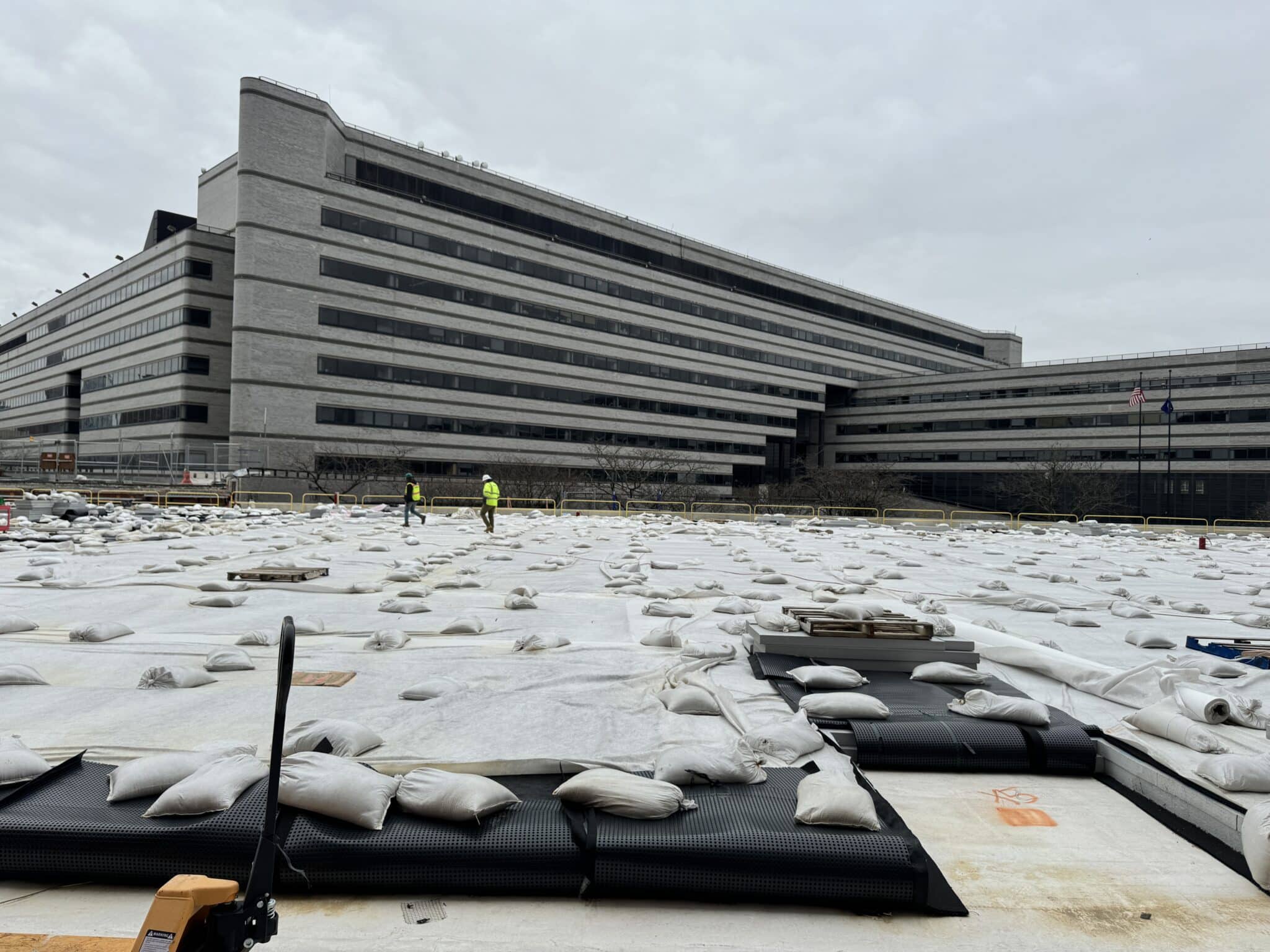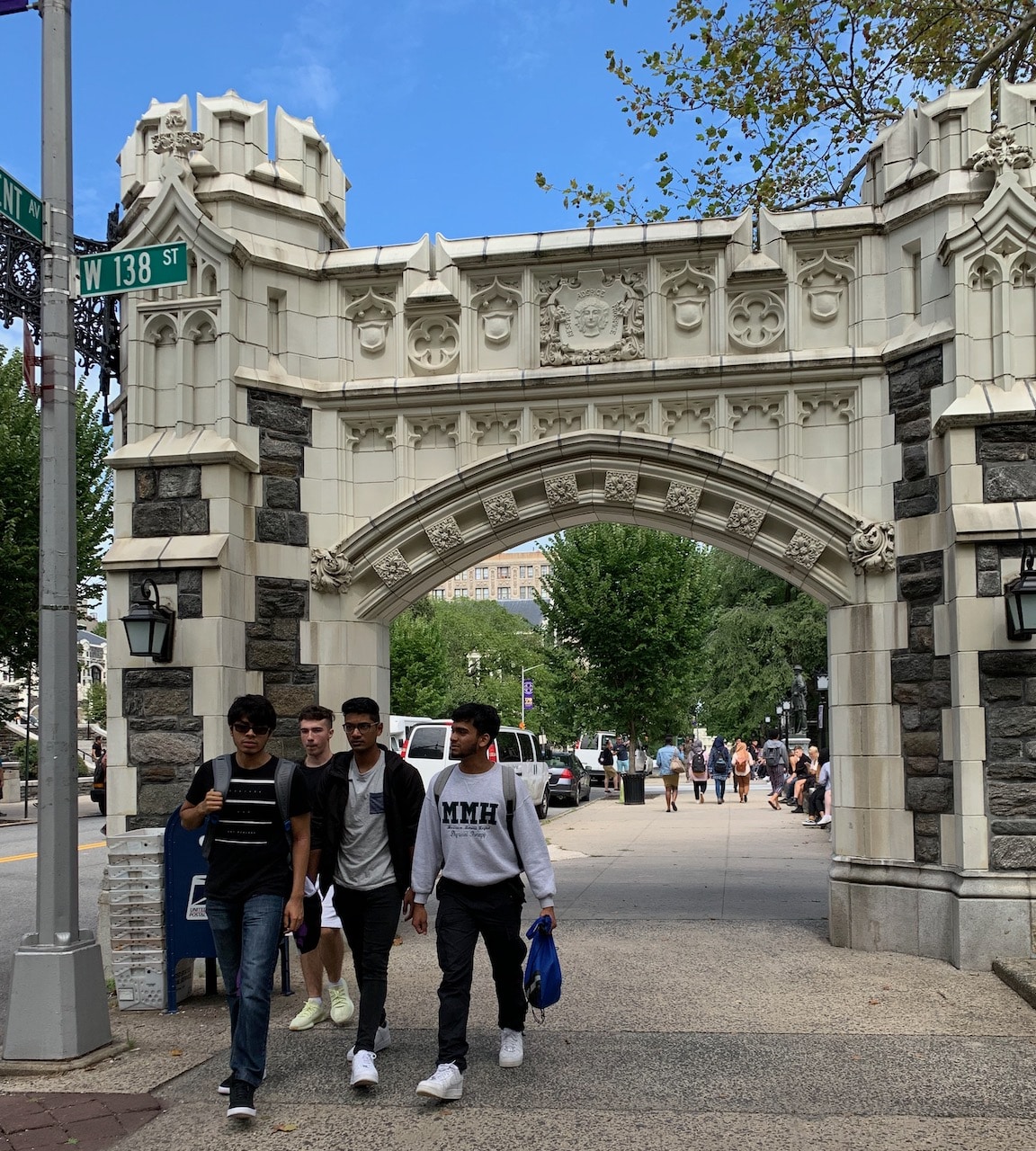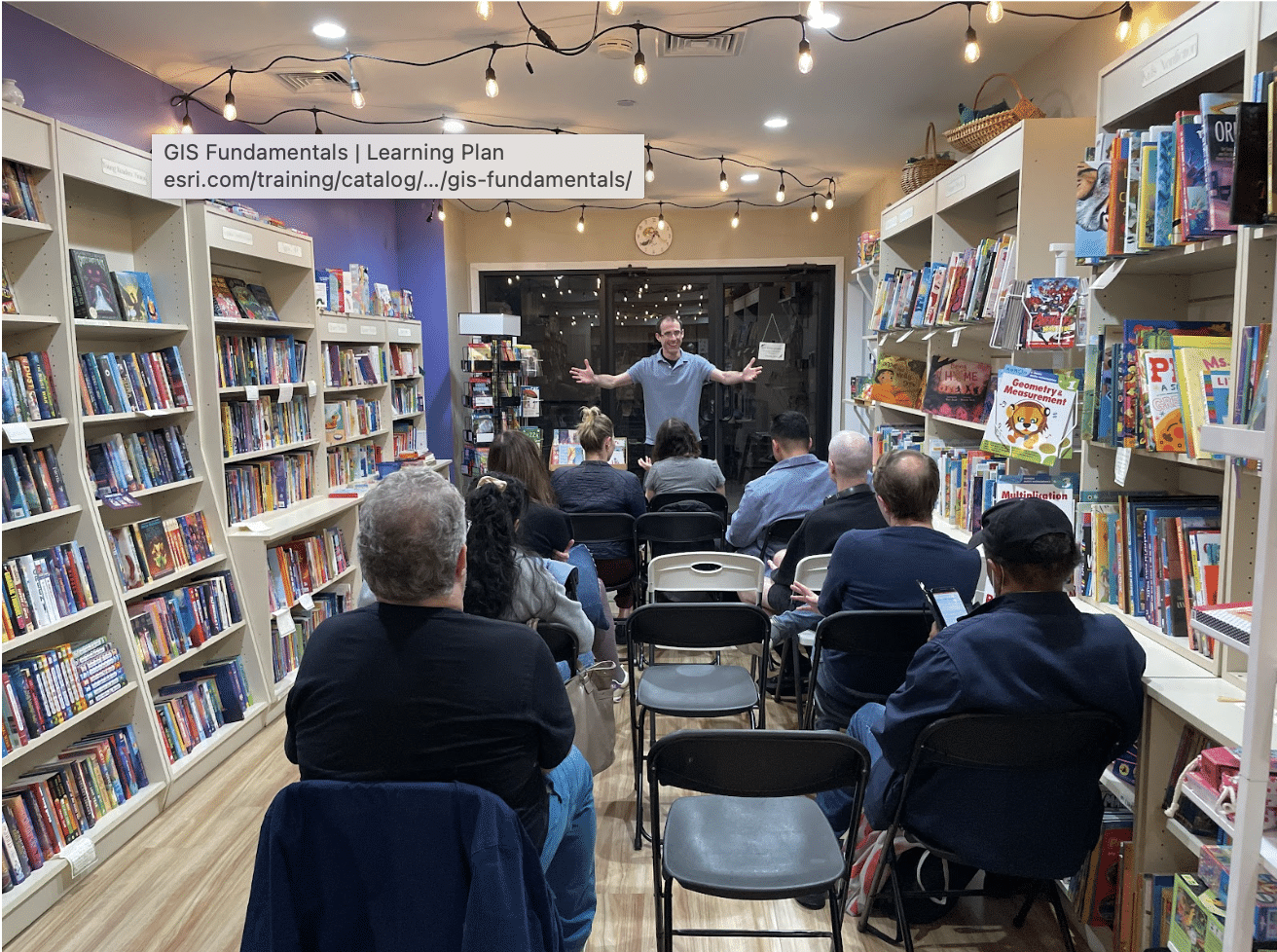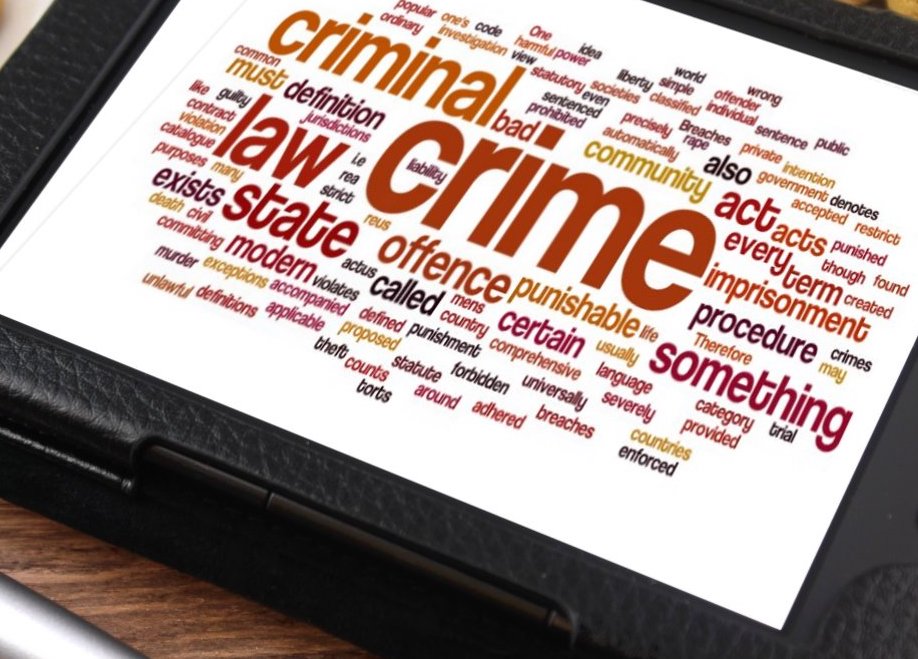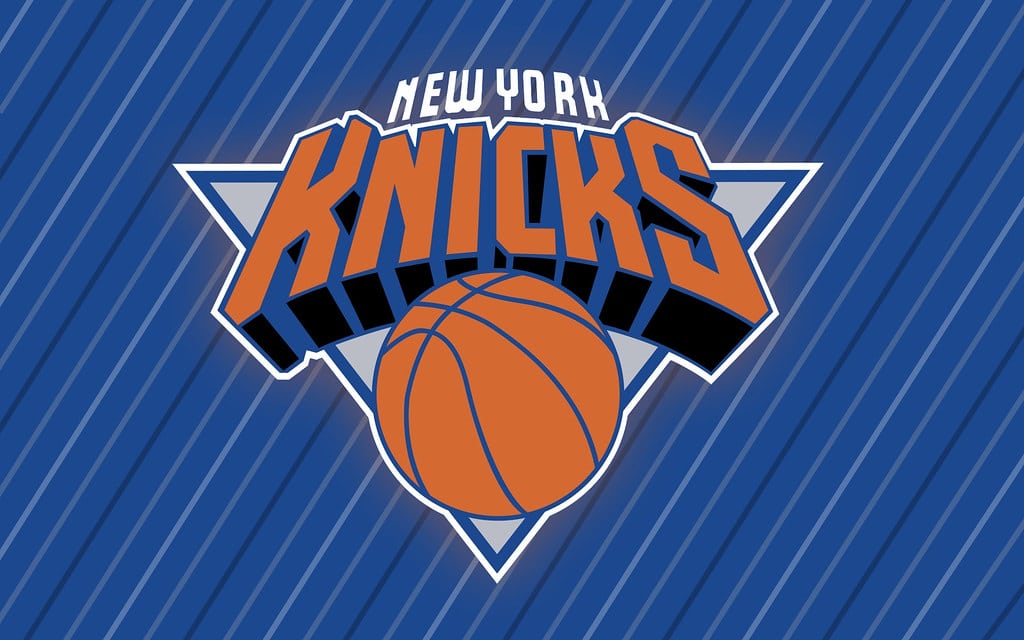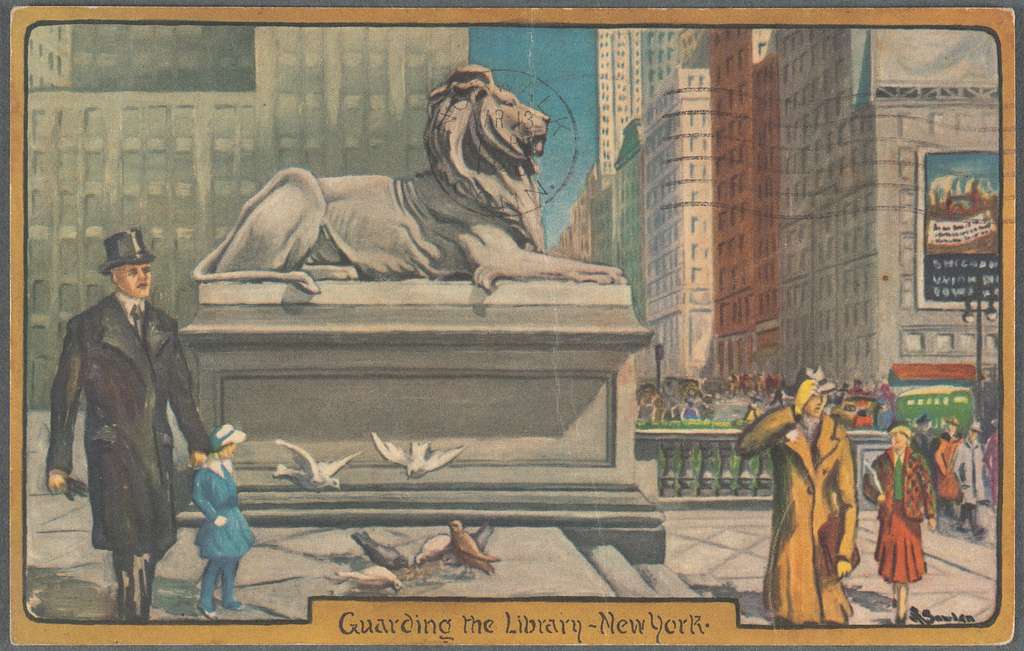More than half the students at KIPP STAR Harlem College Prep Elementary School, are Black. Photo by Steven Del Pilar.
The teaching of Black history in public school curriculums is being constantly debated amongst school boards across the United States. Yet in Harlem, community officials seek to maintain and expand Black history in their schools.
Discourse in the United States rose as states including Alabama, Tennessee, Texas, and Utah passed bills that limit, censor, or remove black history in school curriculums. Consequently, those laws have left students unable to learn the full extent of racism and prejudice that Black people have faced throughout America, according to some parents. With Black residents comprising 44 percent of the Harlem community’s population, many parents want students to learn the importance of Black history.
“Students are taught math, science, and American history because it is important, so who decided that Black history is not,” said Elizabeth Ruiz, a concerned parent.
In a 2022 poll conducted by Quinnipiac University, they asked adults whether they believed the American history they learned in school accurately reflected the role of African Americans in the United States or if their school fell short.
Results of the poll showed that “only 27 percent of Americans say the American History they were taught in school reflected a full and accurate account of the role of African Americans in the United States, while 66 percent say what they were taught in school fell short on that.”
Harlem is a culturally diverse neighborhood in America, with the racial diversity being 43 percent African American, 32 percent Hispanic, 17 percent White, four percent Asian, three percent two or more races, and one percent other races, according to Niche. Many people in the community believe there should be a more in-depth teaching of Black history in their schools.
Saran Camara is a mother whose child is enrolled in a school in Harlem. She feels all students, and especially Black students need to know about the country’s history of discrimination. “I believe it is very important to share Black history, especially in today’s climate. We have our young kids not knowing what took place and how people learned from it.”
Harlem schools have planned several events to help teach more Black history events to students and their parents. Among the events planned was an annual Martin Luther King Day event started back in 2015, where for the first time ever teachers, parents, and students came to school on their day off to pay their respects to civil rights icons.
Mari Moss is a member of the event planning committee. She served on the Harlem Community Board 10 and the School Leadership Team, and announced her plans for schools in Harlem to integrate more Black history into the curriculum.
“We grew something called [the] ‘We Love Harlem’ initiative which was to carry on the work and the legacy and the progress we are trying to make as parents in schools and to make it come to fruition,” Moss stated in a community board meeting. She talked about the importance of teaching Black history in schools and said Council members Ira Daneek Miller and Adrienne Adams insured 10 million dollars for Black history to be taught in schools back in 2021.
“When it came to learning about what happened to people like me in this country, it seems to me as if the schools here don’t go in-depth on the subject of Black history,” said Babacar Diop, who attended P.S. 129 John H. Finley in Harlem.“We just have to keep pressuring the school boards and get the word out if we want to see more done about the issues.”
Tags: Black History CCNY Student Journalists Harlem Harlem Community Board 10 School administration We Love Harlem
Series: Community

